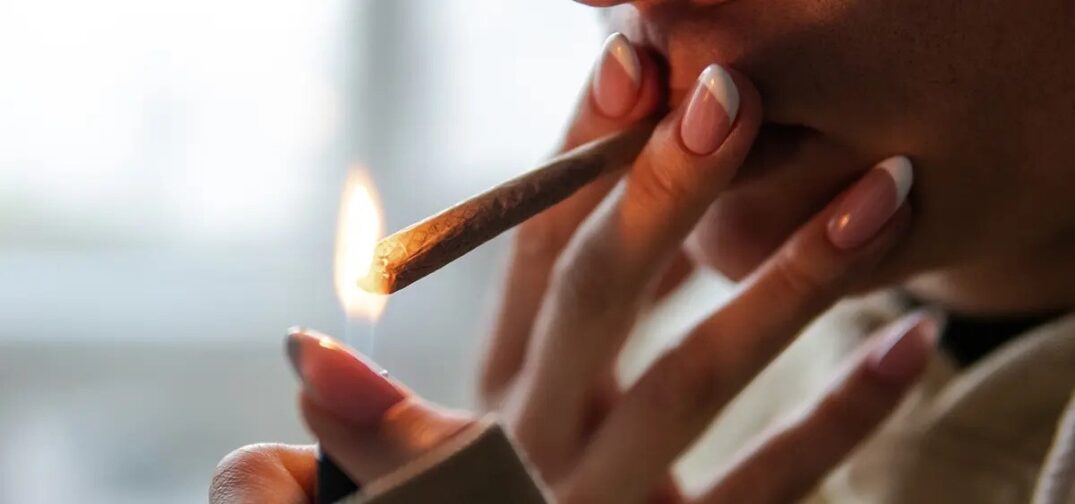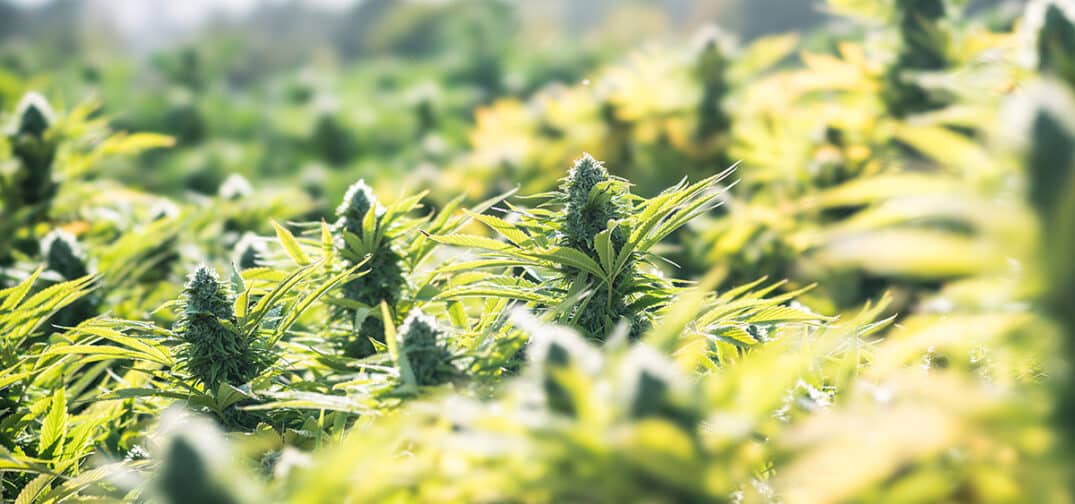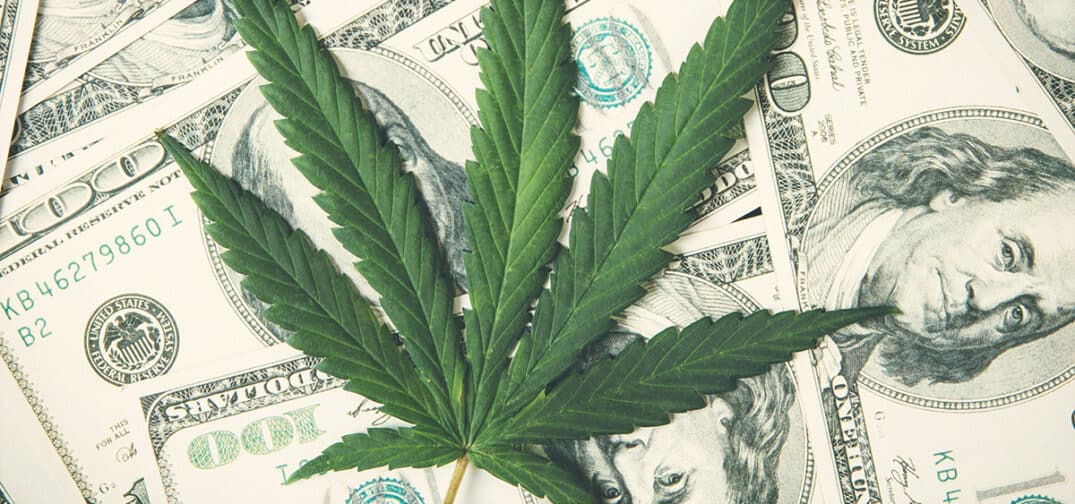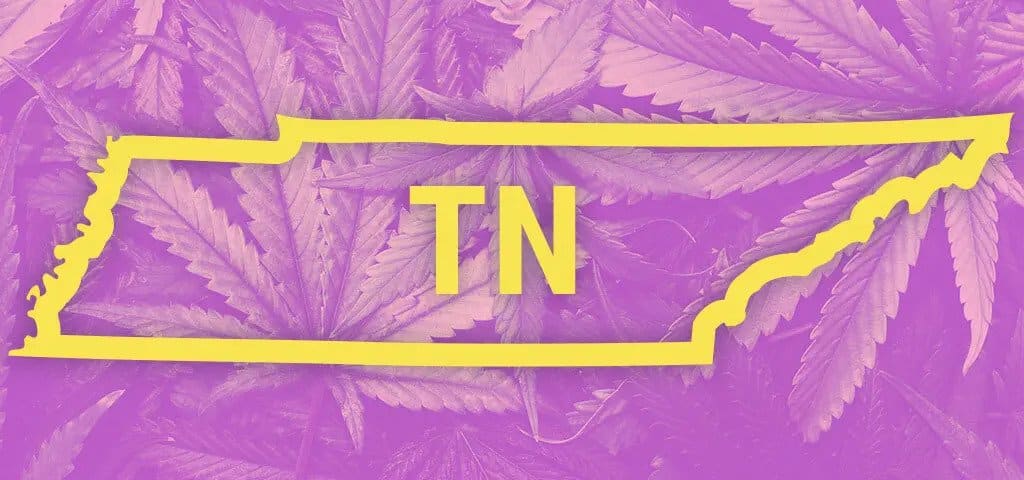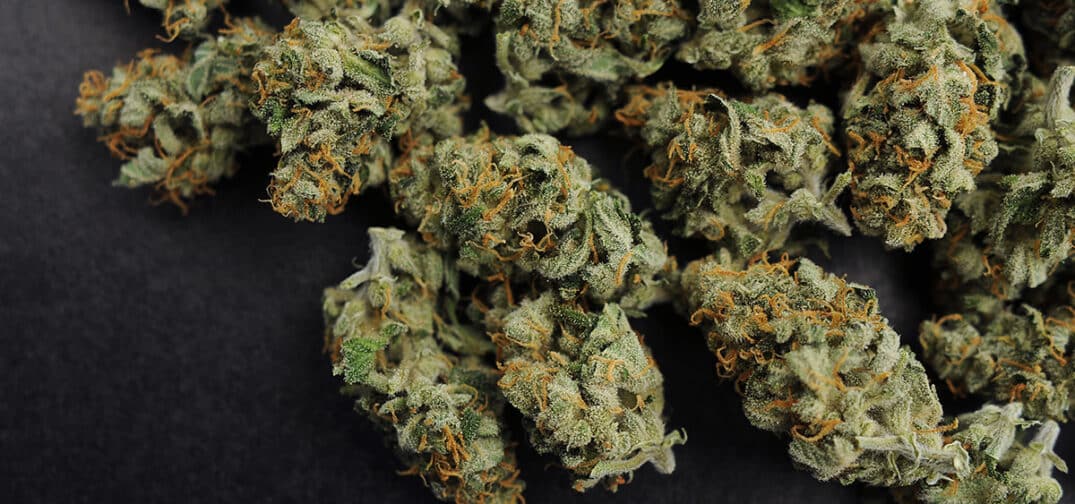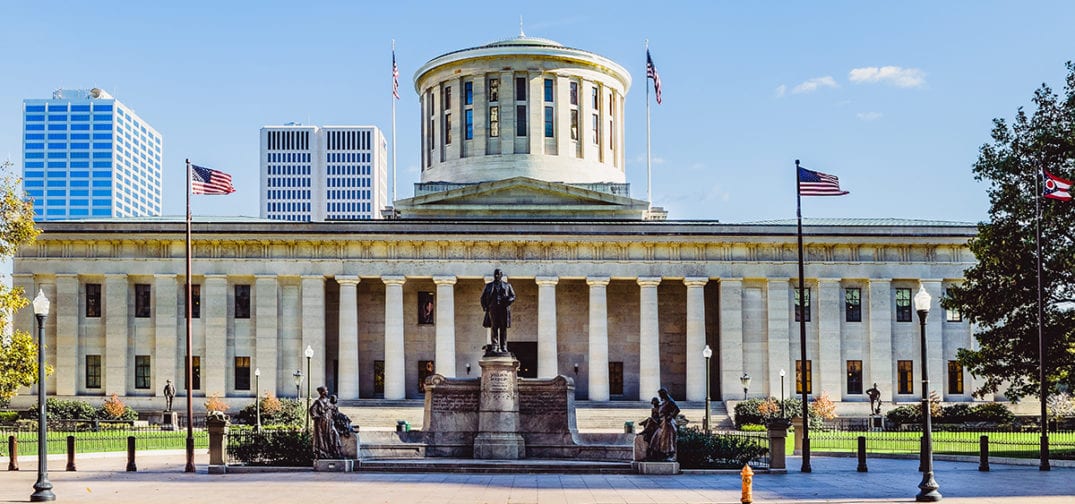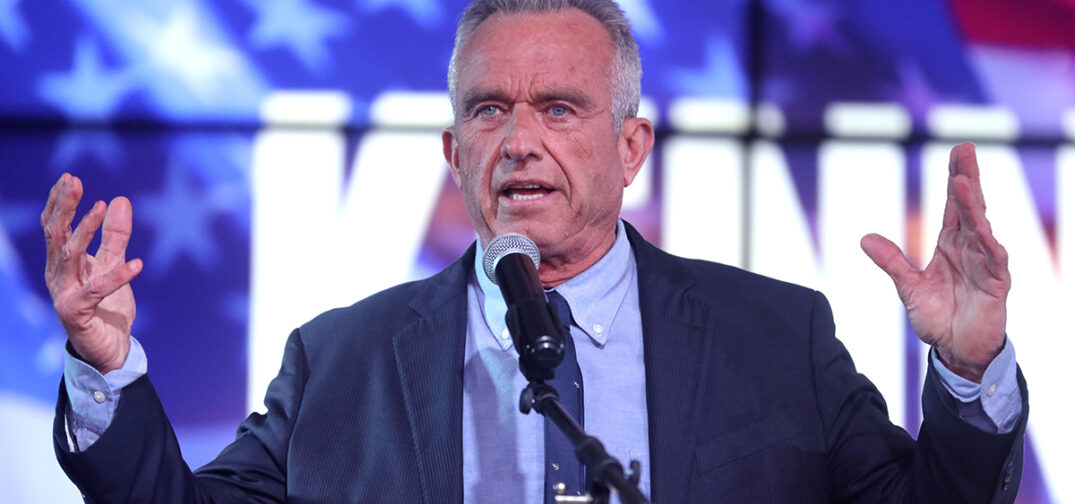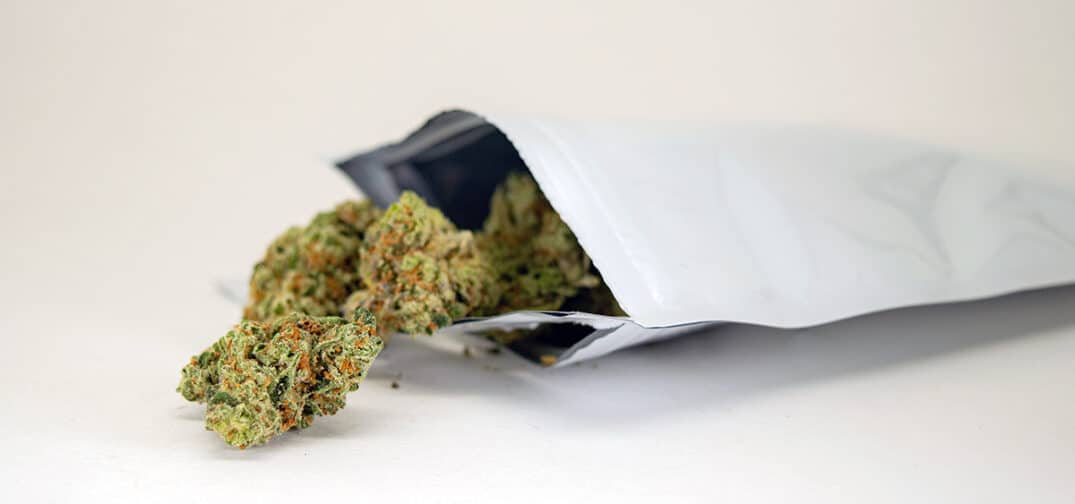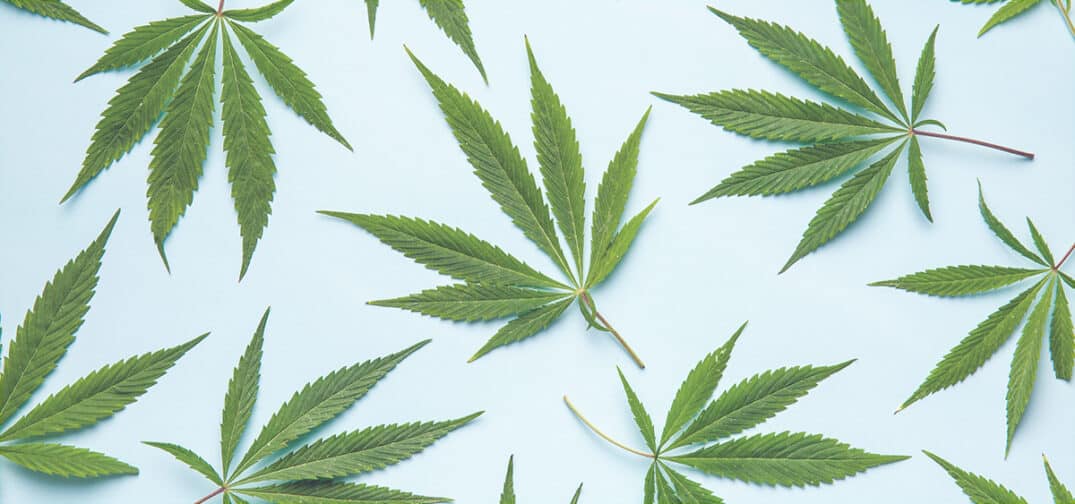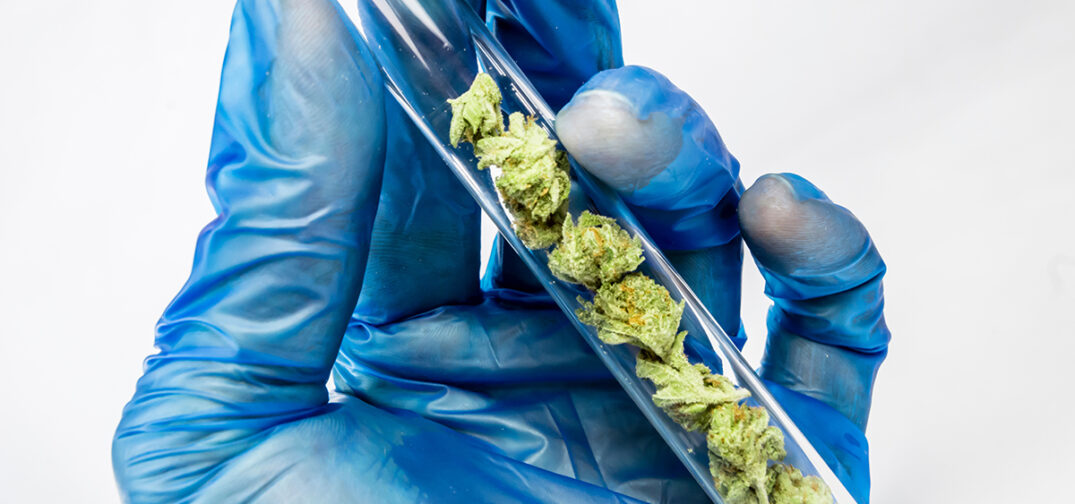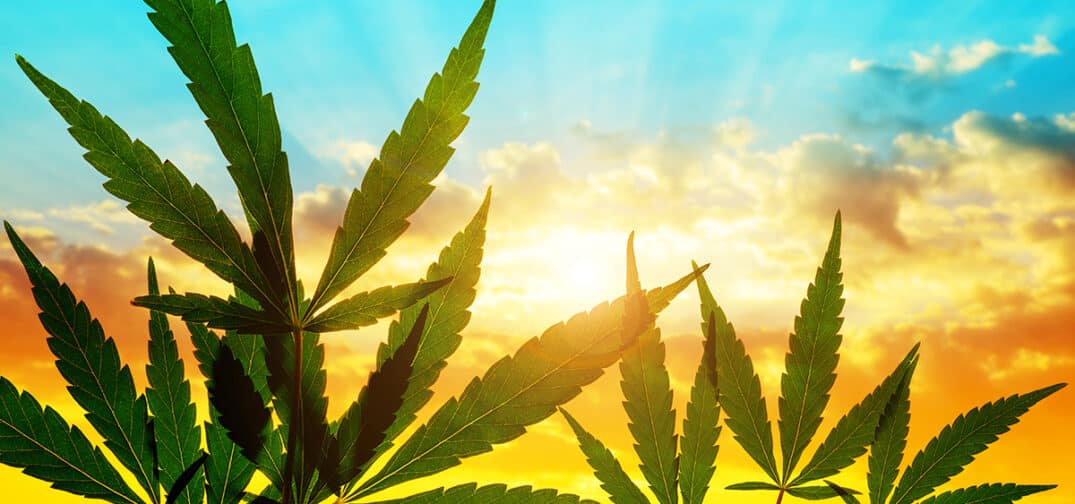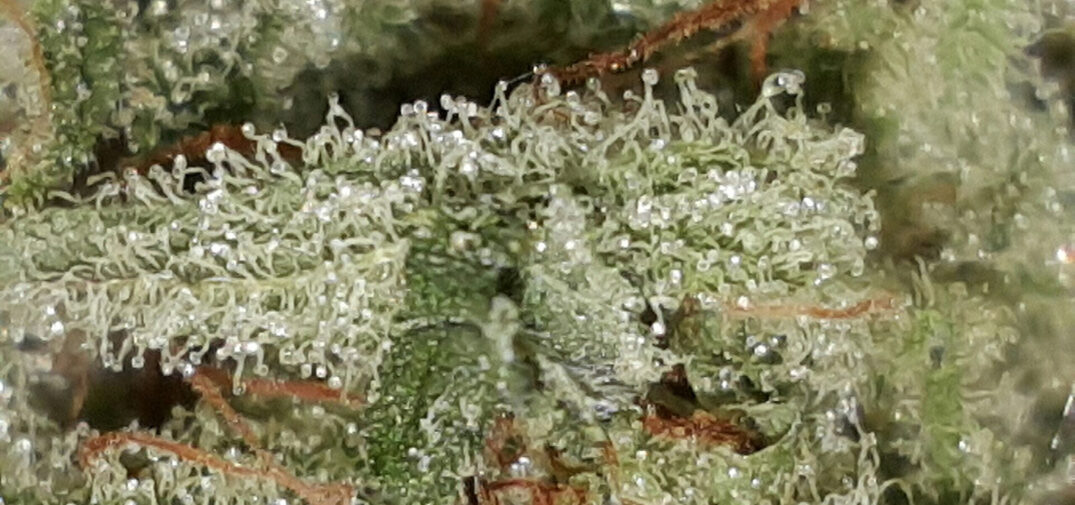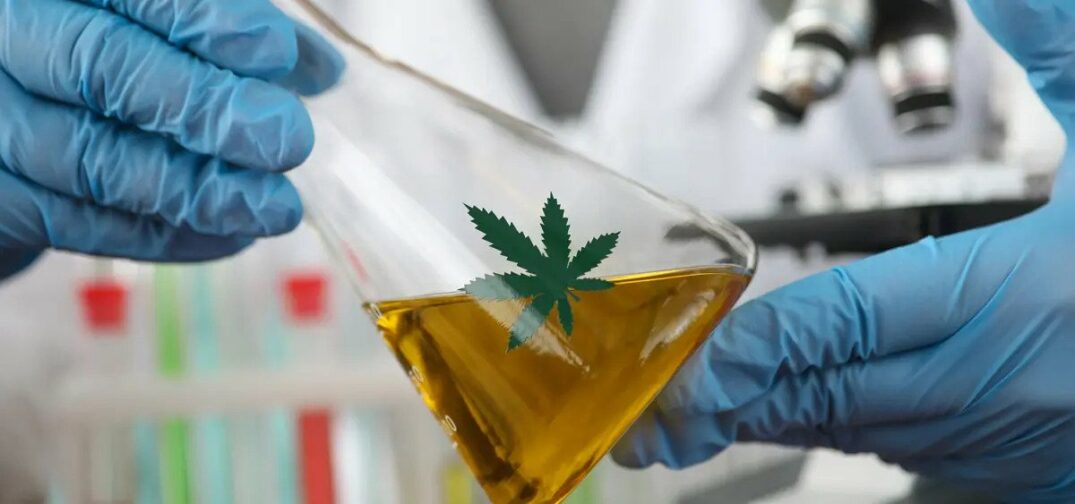For cultivators and consumers alike, understanding terpenes is essential to appreciating the true potential of cannabis. These compounds do more than just make cannabis smell good—they play a key role in shaping the overall experience, from how the strain tastes to the effects they deliver.
We’ll take a closer look at the terpene profiles of two iconic strains: Blue Dream and Green Crack. Blue Dream is celebrated for its smooth, calming effects, while Green Crack is known for its energizing and focus-enhancing qualities. Both strains owe much of their appeal to the terpenes they contain, making them standout choices for growers and consumers seeking distinct cannabis experiences.
Join us as we look at what makes Blue Dream and Green Crack truly unique. We’ll find out how terpenes contribute to their aroma, flavor, and effects, and why these strains should be on your radar.
What Are Terpenes?
Terpenes are the naturally occurring compounds found in many plants, including cannabis. These compounds are what give fruits, flowers, and herbs their distinct scents—think of the citrusy aroma of an orange peel or the piney fragrance of a forest. In cannabis, terpenes play an even bigger role, not only defining the plant’s aroma and flavor but also influencing its effects.
So, how do terpenes work in cannabis?
Cannabis terpenes are produced in the same trichomes responsible for cannabinoids like THC and CBD. While cannabinoids are often the focus of a strain’s potency, terpenes work alongside them in a phenomenon known as the “entourage effect”. This synergy between terpenes and cannabinoids can amplify or modify the effects of cannabis, making two strains with similar THC levels feel entirely different.
Some good examples include:
- Myrcene, one of the most common terpenes, is known for its earthy aroma and calming effects. They also increase the sedative qualities of certain strains.
- Limonene, with its citrusy scent, is often associated with uplifting and stress-relieving properties.
- Pinene, as its name suggests, has a pine-like aroma and may help improve focus and memory.
With over 150 identified terpenes in cannabis, each strain offers a unique combination that contributes to its sensory and therapeutic qualities. Whatever effects you’re after, terpenes help to shape your experience.
Terpenes in Blue Dream: A Closer Look
Few cannabis strains are as beloved and widely recognized as Blue Dream. This sativa-dominant hybrid offers a perfect balance of relaxation and mental clarity. Originating from California, it blends the sweet, fruity notes of its Blueberry parent with the uplifting, cerebral effects of Haze.
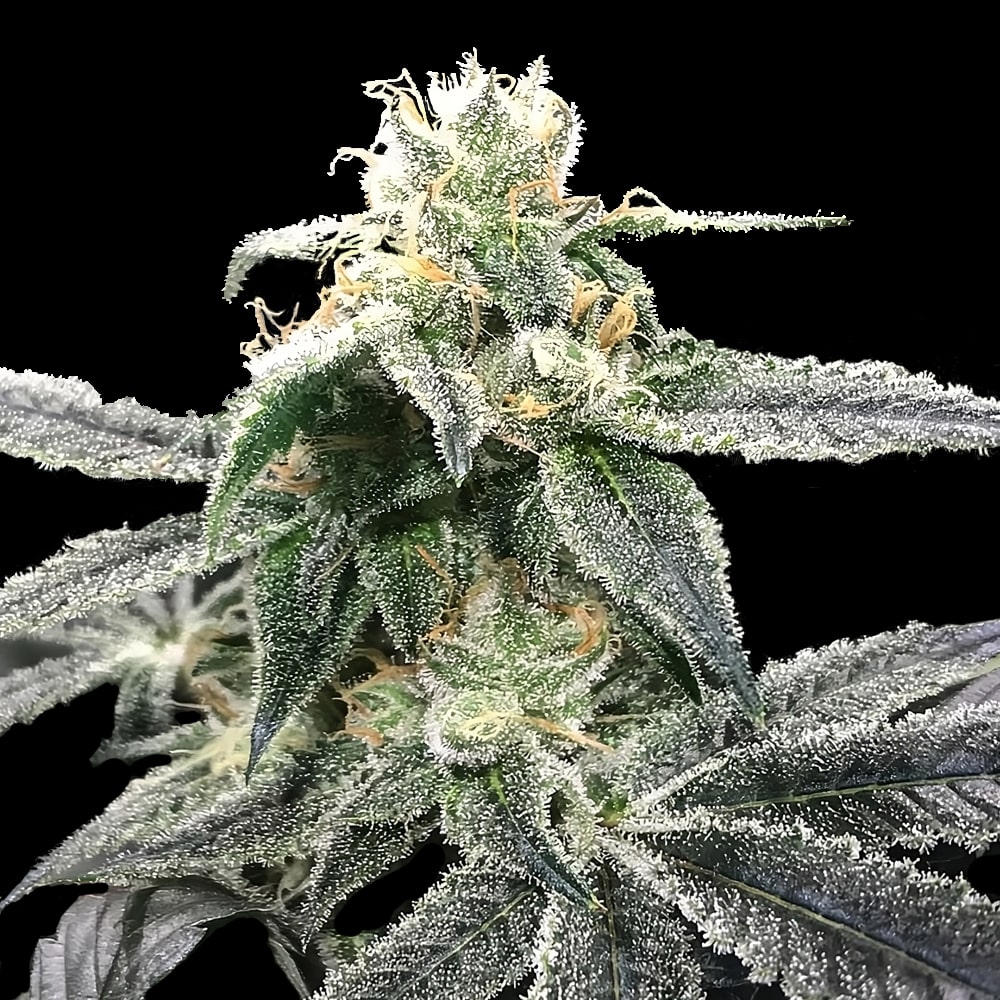
What truly sets Blue Dream apart is its unique terpene profile:
- The most dominant terpene in Blue Dream, myrcene is known for its calming and sedative effects. It’s what gives the strain its smooth, relaxing high that helps to ease stress and anxiety. This terpene also contributes to the earthy and slightly musky undertones in the strain’s flavor profile.
- Pinene is responsible for the cultivar’s subtle pine-like aroma and its clear-headed effects. This terpene is known for improving focus and memory, making Blue Dream an ideal choice for consumers who want relaxation without feeling sluggish.
- Caryophyllene adds a spicy, peppery note to Blue Dream’s aroma. Uniquely, it binds to cannabinoid receptors in the body, which may improve its potential for reducing inflammation and stress.
Blue Dream’s terpene blend creates a sensory experience that’s hard to match. Sweet berry notes dominate the aroma, balanced by hints of pine and spice. On the palate, it delivers a smooth, fruity flavor with a touch of earthiness. This makes it a favorite among those who appreciate both taste and therapeutic effects.
The synergy of myrcene, pinene, and caryophyllene results in its iconic balanced high. Consumers often describe it as both relaxing and mentally stimulating. The strain helps to ease tension while sparking creativity and focus.
With this combination of effects, it’s easy to see why it’s a top choice for recreational and therapeutic consumers alike.
The Unique Terpenes Behind Green Crack’s Popularity
If there’s one cannabis strain synonymous with energy and focus, it’s Green Crack. Originally called “Cush”, this sativa-dominant hybrid earned its bold nickname from Snoop Dogg. It’s known for delivering a sharp, cerebral high and is a daytime favorite for those who want a productivity boost.
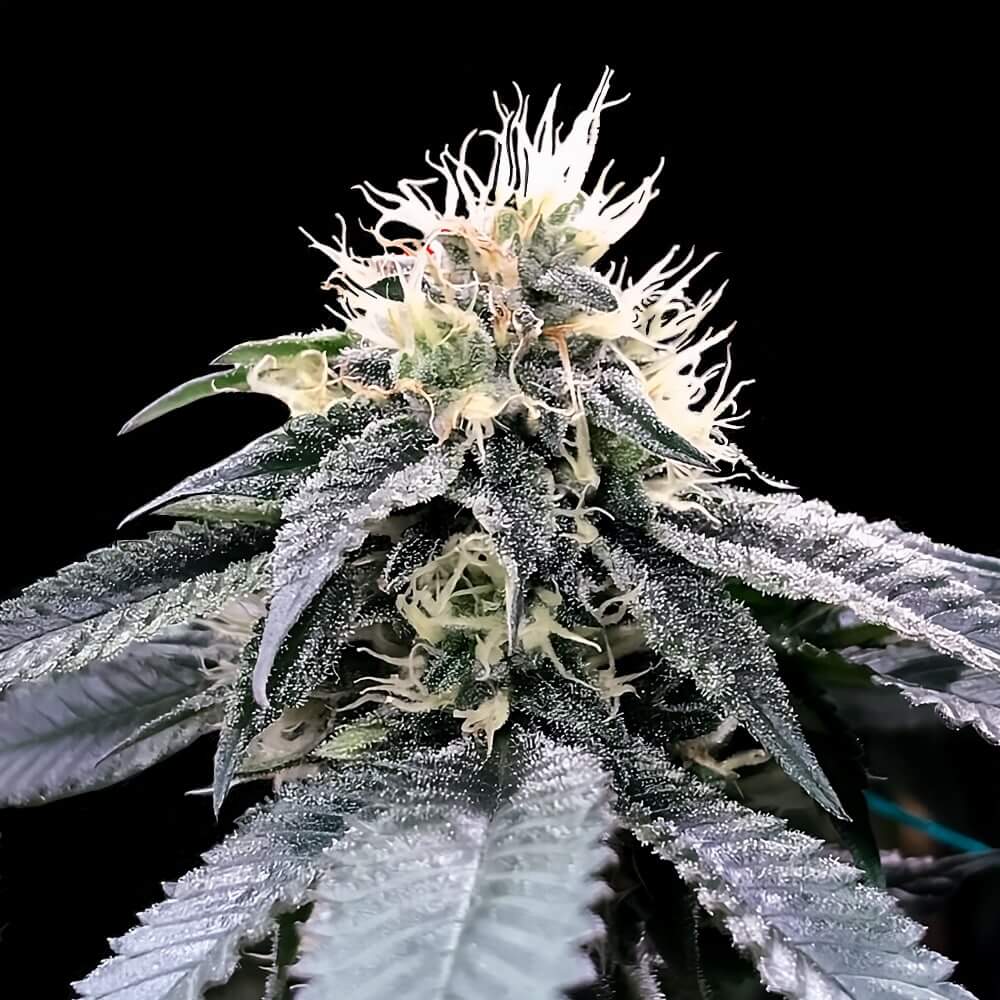
Its unique terpene profile plays a significant role in shaping its effects and sensory appeal.
- Limonene, one of the dominant terpenes, is responsible for its bright citrus aroma. This terpene is known for its mood-improving and stress-relieving properties, making Green Crack an uplifting choice for daytime use.
- Adding sweet and floral notes to its aroma, terpinolene boosts its energizing effects. This terpene is often associated with creativity and mental clarity.
- While present in smaller amounts, myrcene contributes to a subtle calming effect. It balances the energizing properties of limonene and terpinolene.
Green Crack’s terpene blend gives it a fresh and invigorating scent, with dominant citrus notes balanced by hints of earthiness and sweetness. On the palate, you’ll notice sharp citrus flavors complemented by subtle tropical undertones. This combination makes Green Crack a sensory delight for cannabis enthusiasts.
The strain’s terpene profile creates an energizing and motivating high, perfect for daytime activities. The uplifting properties of limonene, combined with the focus-boosting qualities of terpinolene. This makes it a top choice for tasks that need mental clarity and creativity.
Comparing the Terpene Profiles of Blue Dream and Green Crack
When it comes to cannabis strains, both Blue Dream and Green Crack stand out for their unique terpene profiles. While they share some overlapping compounds, their distinct combinations lead to dramatically different effects, aromas, and flavors.
Some key differences are:
| Distinctions |
Blue Dream |
Green Crack |
| Terpene Composition |
Myrcene, pinene, caryophyllene. |
Limonene, terpinolene, myrcene. |
| Flavor and aroma |
Sweet, berry-like with earthy undertones, offering a rich, smooth experience. |
Zesty citrus with tropical hints, complemented by sweet and earthy undertones for a refreshing profile. |
| Effects |
Ideal for relaxation and mental clarity, providing a balanced high for stress and pain management. |
Energizing and focus-enhancing, perfect for daytime activities or creative projects. |
As we can see, both strains contain myrcene, but its role varies. In Blue Dream, myrcene emphasizes relaxation and works synergistically with caryophyllene to provide therapeutic effects. In Green Crack, smaller amounts of myrcene act as a subtle grounding agent, balancing the stimulating effects of limonene.
The Importance of Terpenes in Cannabis Cultivation
Terpenes do far more than define the scent and flavor of cannabis—they play a crucial role in shaping a strain’s therapeutic and recreational value. For cultivators, preserving and boosting terpene profiles is essential to delivering high-quality cannabis.
Why does preserving terpenes matter? They’re responsible for the distinct characteristics that make each cannabis strain unique.
DNA Genetics understands that the integrity of terpene profiles means providing consumers with consistent effects, aromas, and flavors they can trust. This reliability is especially important for medical cannabis consumers who rely on specific strains for therapeutic purposes.
We take terpene preservation a step further by focusing on genetic stability. Through meticulous breeding practices and rigorous quality control, we ensure that each batch of seeds produces plants with consistent terpene profiles. This ensures that cultivators experience the same reliable effects and characteristics with every strain.
Cultivation methods significantly affect terpene production. Factors like:
- Soil vs hydroponics: Soil-grown cannabis often has a richer terpene profile due to the plant’s access to a broader range of nutrients, while hydroponics offer precision control.
- Temperature and humidity: High temperatures can degrade terpenes, while optimal humidity levels preserve their potency.
- Light exposure: Proper lighting improves terpene production, especially during the flowering stage.
Growers who fine-tune these factors can maximize the terpene content in their plants, ensuring strains reach their full potential.
How Terpenes Enhance the Overall Cannabis Experience
Terpenes are the key to a well-rounded, personalized experience that differs from strain to strain. In Blue Dream, the sweet berry-like aroma is complemented by earthy and spicy undertones. This makes it a smooth and relaxing choice for consumers who appreciate rich, fruity flavors. Green Crack, on the other hand, has sharp citrus notes and tropical hints, providing a bright and refreshing aroma that energizes and invigorates the senses.
The terpene profile in each strain also shapes the effects of cannabis strains by interacting with cannabinoids to produce the entourage effect. This synergy boosts the therapeutic potential of cannabis, offering benefits, like:
- Pain relief: Terpenes like myrcene and caryophyllene in Blue Dream improves its ability to reduce inflammation and ease discomfort.
- Mood improvement: Limonene in Green Crack lifts spirits and reduces stress, making it ideal for daytime use.
- Relaxation: Blue Dream’s terpene blend promotes calmness, perfect for unwinding or improving sleep quality.
These distinctive profiles help consumers choose strains that suit their preferences.
Blue Dream, Green Crack, and the Power of Terpenes
Terpenes are at the heart of what makes cannabis unique, shaping not only the flavors and aromas of each strain but also their effects and therapeutic potential. In the cases of Blue Dream and Green Crack, terpenes play a pivotal role in defining their contrasting experiences.
For cultivators and enthusiasts alike, understanding terpenes opens up a deeper appreciation of cannabis. Whichever traits you’re drawn to, Blue Dream and Green Crack showcase how terpenes can transform cannabis into a truly tailored experience.
Are you ready to take your cannabis cultivation to the next level or to find out more about the benefits of iconic strains? Visit the DNA Genetics store to find premium cannabis seeds. With our commitment to preserving terpene profiles, you can trust that every plant delivers the distinct characteristics and effects you’re looking for.
